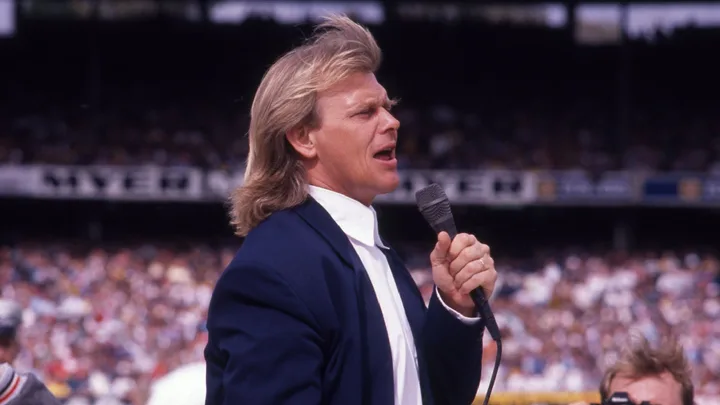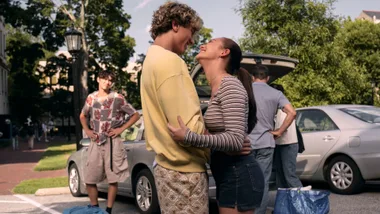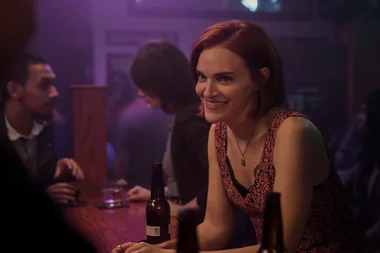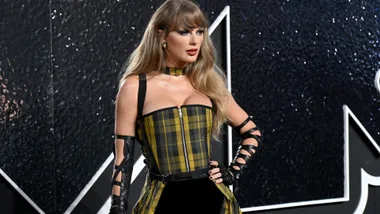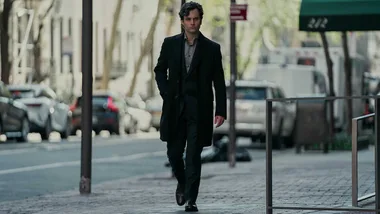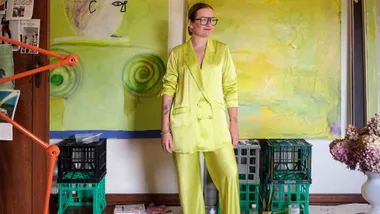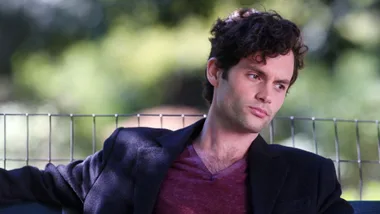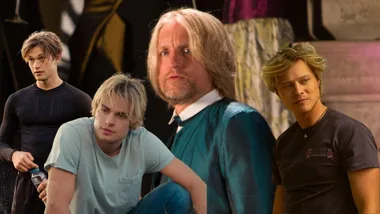John Farnham’s iconic song, ‘You’re The Voice’, has become the official anthem to the Indigenous Voice To Parliament referendum.
The song, which was released by the Australian singer in 1987, will feature in the soundtrack to a series of Yes campaign ads from the Uluru Dialogue. The advertisements will pair the song with important moments in Australian history, including the Mabo decision, the Uluru hand-back and Cathy Freeman’s Olympic win.
The news comes not long after another Australian musician, Paul Kelly released a new single in support of the yes vote, indicating just how much support the vote has from Australia’s most influential figures.
According to some reports, the campaign is the first time Farnham has permitted his song to be used, with Tim Wheatley, the son of Farnham’s long-time manager Glenn Wheatley, stating, “Both John and my father have fiercely protected this song’s use for decades, I think for this very moment.”
However, as aptly pointed out by the AFR, the song has been used in Ford, Cadbury and 2001 Australian Electoral Commission enrolment ads, amongst others, before.
Yet, it’s also obvious that the song is the perfect power anthem to soundtrack the current Yes Vote Campaign—but how did it become so?
Below, everything you need to know about the inspiration behind ‘You’re The Voice’ and its current controversies.
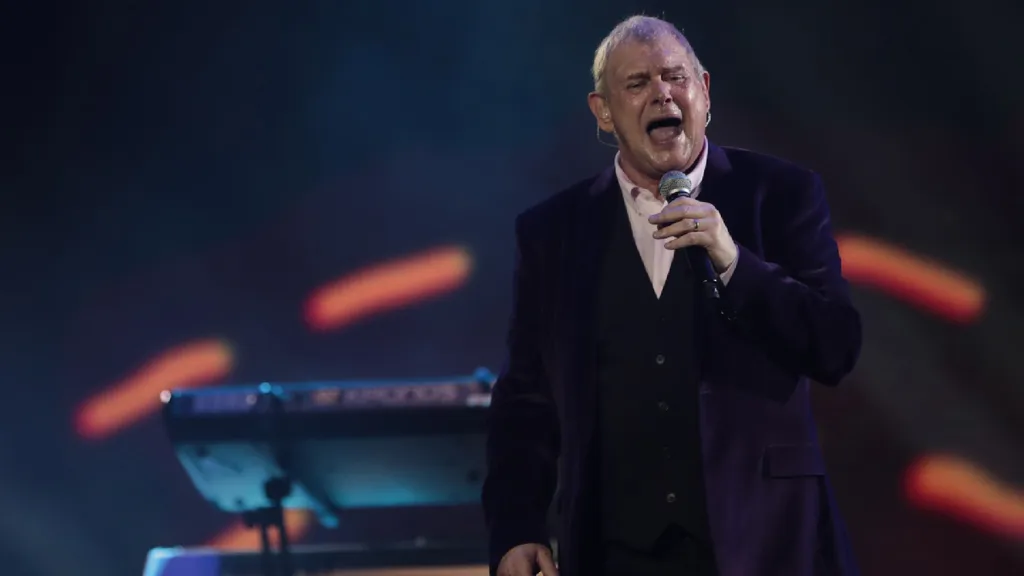
What Is ‘You’re The Voice’ About?
While widely known as an Australian hit, ‘You’re The Voice’ was actually written by British songwriters. The story goes that when Chris Thompson missed a 1985 nuclear disarmament rally in London (because he slept in), he decided to write a song to capture the spirit of the event. The result, with help from fellow song writer’s Keith Reid, Maggie Ryder and Andy Qunta, was ‘You’re The Voice.’
The tape was then passed to Farnham, who, at the time, was struggling to maintain success in the music world after his early success in the 60s and 70s had died down. Once sung by Farnham, with that iconic drumming and bagpipes backing, the song became an instant hit and Farnham’s comeback track.
The powerful track has been adopted by various protest groups—and not always for causes that Farnham himself aligned with. In 2020, Farnham’s late manager Glenn Wheatley slammed the use of the song at an anti-lockdown rally.
“It was not meant to be a protest song,” Wheatley said. “It was meant to be used as an inspirational song for nations and for people, not in a situation of what was an illegal protest.”
Wheatley’s son, Tim, has also emphasised the importance of the song being used on the ‘right side of history’ in the current yes campaign.
“You’re the Voice is not aligned with any political party. It is aligned with humanity. It’s a song for all Australians. Always has been, always will be. Win or lose this referendum, this song will forever remain on the right side of history.”
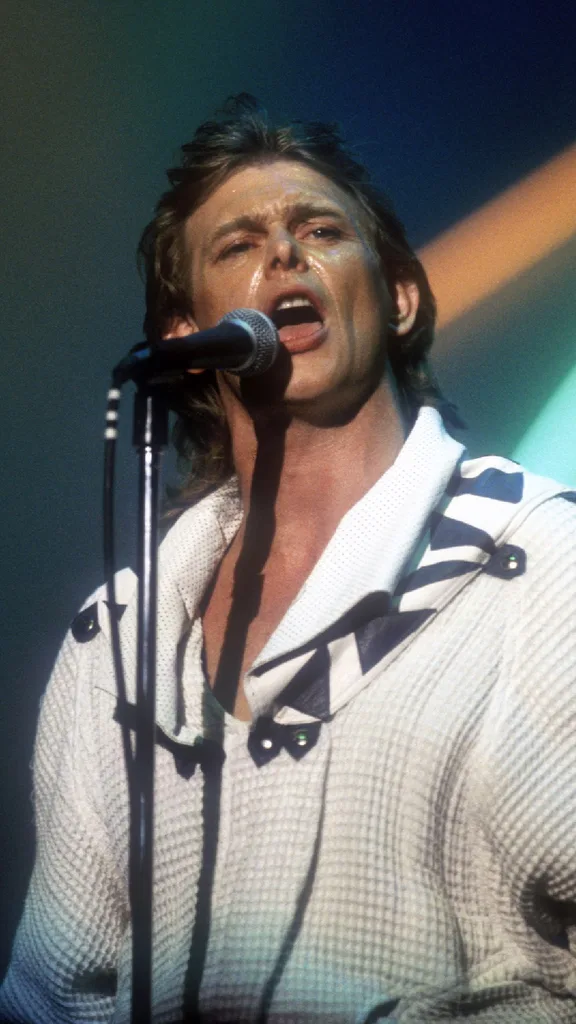
What Is The Current ‘You’re The Voice’ Controversy?
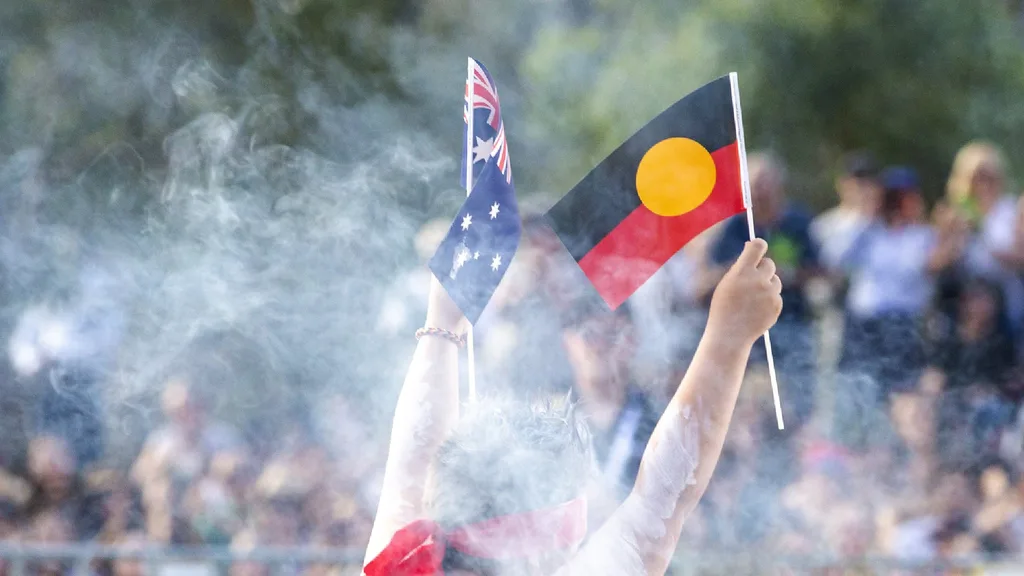
As with any political issue, there’s always going to be controversy—and even Farnham’s hit can’t escape it. While plenty of people have shared their excitement over the ad, including Magda Szubanski, who wrote, “How could John Farnham be even more of a legend than he already is? By doing this “gifting” his Voice to The Voice So proud to have even a small role in this historic moment” on X (formerly known as Twitter), others aren’t so thrilled with the song choice.
Opposition leader Peter Dutton, who is against the Indigenous Voice To Parliament, made a dig about the song choice when he told Sky News, “In a sense, it’s the appropriate theme song for the Yes campaign, because remember that the key line in the lyrics there is, you know, ‘you’re the Voice, try to understand it’.”
“I honestly don’t think most Australians understand it. And they want to be informed.”
Other no-voting Farnham fans have also shared their disappointment over the song being aligned with a cause they don’t support, while people have expressed their disappointment over the campaign not using a song from an Indigenous artist.
As it’s impossible for one song to please everyone, we’re simply thrilled that one of Australia’s most influential musicians is standing advocating for the cause.
